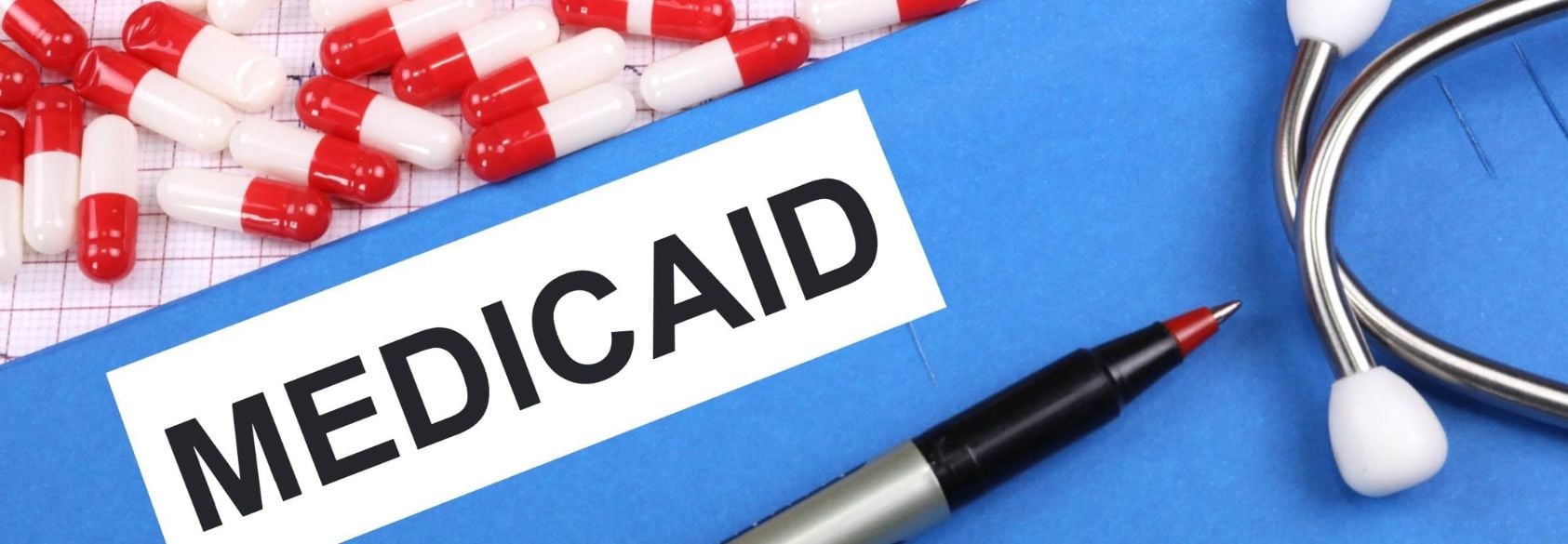Should the president sign the bill as is, millions of low-income Americans and their families will lose access to health insurance. Without insurance, individuals can’t access primary or specialty care and will be forced to receive costly emergency department care when their symptoms worsen—a shift that creates worse health outcomes for Americans and significant financial strain on the hospitals providing their care.
The Americans whose Medicaid coverage is most at risk are those who qualify for the program in the “expansion adult group”—a group authorized as eligible for Medicaid, at state option, under the Affordable Care Act (ACA) and who earn up to 138 percent of the federal poverty level (FPL). For an individual living in one of the 41 states (including Washington, D.C) that have taken up Medicaid expansion, that’s $21,597. But the bill also makes changes that put coverage for children, older Americans and people with disabilities at risk.
Depending on the design of each state’s Medicaid program, which is jointly funded by the federal government and states, expansion enrollees can access comprehensive mental and physical services, dental care, and in some states, non-medical interventions related to housing, transportation and food. Medicaid enrollees don’t have to pay premiums and pay low co-payments, if any. Medicaid is a stabilizing force for low-income people, encompassing caretakers, children, older Americans, people with disabilities and pregnant folks, among others. It also is the largest payor of long-term care services in the country, helping to ensure older folks can receive a broad range of medical, personal care, rehabilitation, social services and nursing home care, if they need it. By ensuring people have affordable coverage that provides access to health care, Medicaid helps its enrollees work and take care of their families, go to school, and avoid impossible decisions about whether to see a doctor or buy food, for instance. Most important, it gives people a shot at maintaining some sense of physical and mental well-being. Most Americans know someone on Medicaid (if they themselves aren’t insured through the program), whether a family member, friend or employee.












